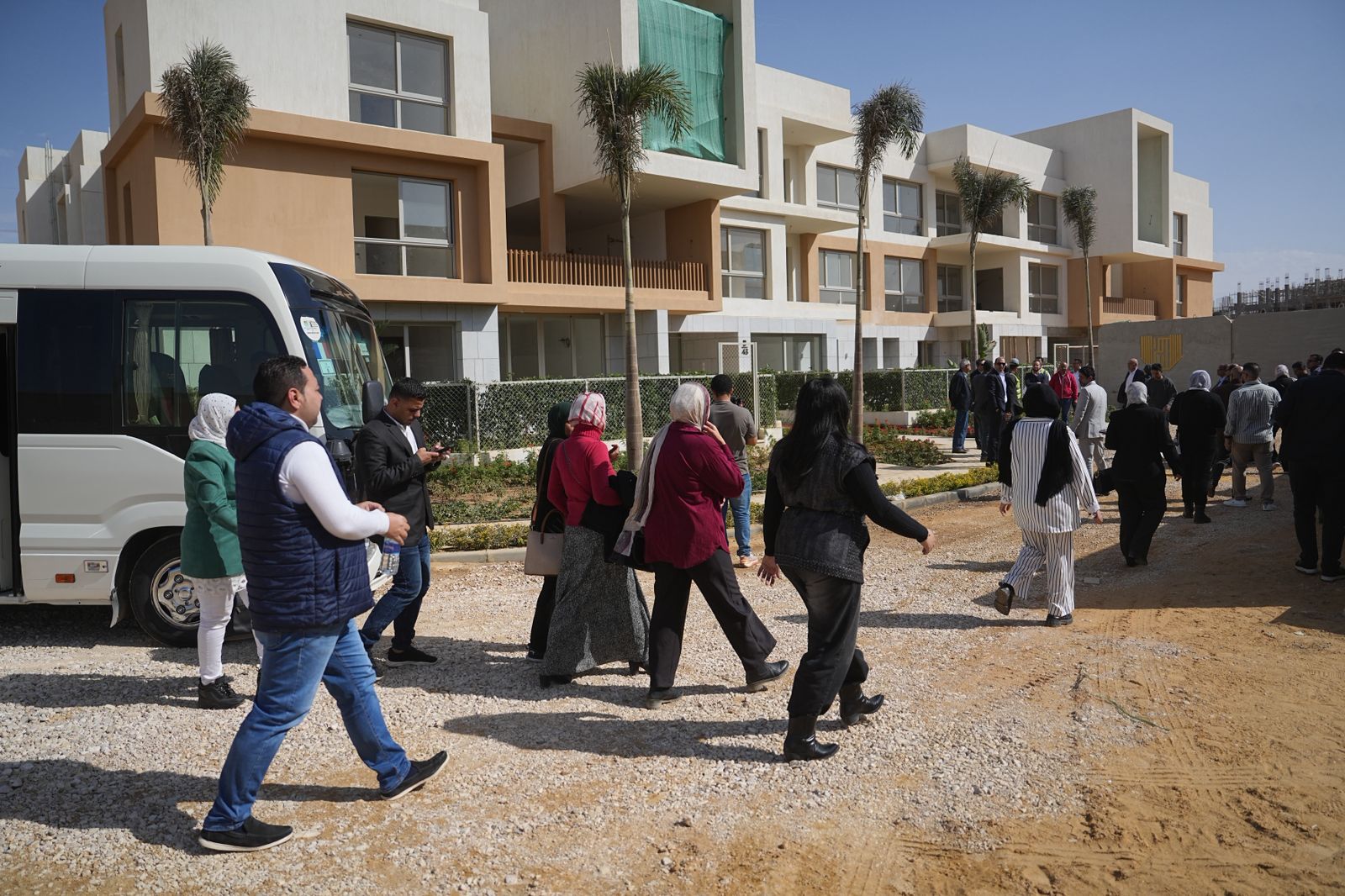Dubai – Masaader News
The Universal Postal Union (UPU), one of the world’s oldest international organizations, has met in the Ethiopian capital Addis Ababa to improve its working practices and define its role in the modern world.
Established in the Swiss capital Berne in 1874, the Universal Postal Union (UPU) predates the United Nations by more than 70 years, and became a UN specialized agency in 1948.
The UPU remains the primary forum for cooperation between national postal services, helping to ensure a truly universal network, playing an advisory and mediation function, and providing technical assistance. The UPU also sets the rules for international mail exchanges and makes recommendations to grow and improve postal services.
With reform of the UPU high on the agenda for more than four decades, the UPU has held an Extraordinary Congress – only the second since 1900 – with the aim of bringing in measures to improve its decision-making and efficiency, and enhance its relevance.
Bishar A. Hussein, Director General of the UPU, underlined the importance of the meeting, saying “the decisions you will take this week will have a big effect on the future of our Union.”
The Congress wrapped up on Friday, with delegates having unanimously agreed to a wide range of reform proposals. These include simplifying election procedures, improving regional representation and reducing the contributions provided by Small Island Developing States (SIDS), which are some of the most disadvantaged of all UPU member states.
At the Ministerial Strategy Congress, which took place 6-7 September and was part of the overall event, government ministers and other senior decision-makers discussed how the postal sector can better serve nations and citizens, help grow the economy and drive development.
With a global network of over 600,000 post offices, 5.3 million staff and physical infrastructure covering 192 countries, the postal sector is a key contributor to national and international infrastructure and plays an important role in national development and in the attainment of the 2030 Agenda for Sustainable Development.











